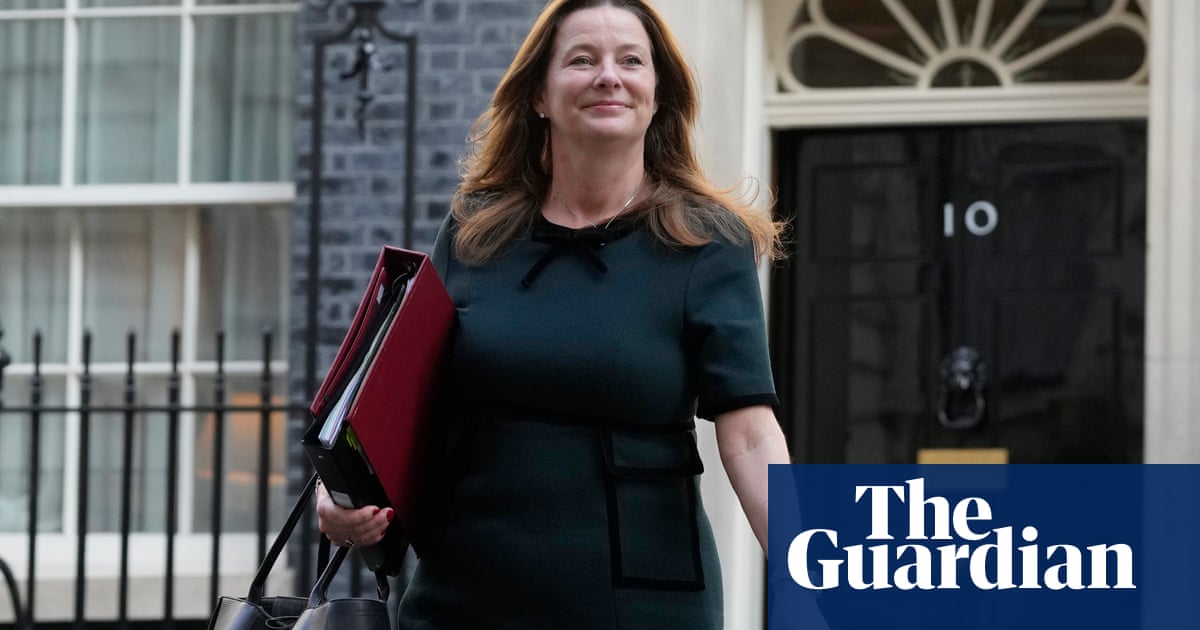
Universities in London have said the government’s “levelling up” agenda has resulted in a funding shortfall that risks pushing three institutions into the red.
The universities regulator, the Office for Students (OfS), is planning to remove a portion of the state teaching grant that was previously channelled towards institutions in London to reflect the higher costs of delivering education there. But universities in the capital say this could create more inequalities than it addresses, given the scale of deprivation in the city.
“The secretary of state for education has decided that in support of the national ‘levelling up’ agenda, and despite the exceptionally high costs of operating in London, the capital’s great universities are to be levelled down,” said Prof Paul Curran, the president of City, University of London.
A report by London Higher, which represents 40 universities and colleges in the capital, says the institutions that will be worst affected by the £64m loss in funding are seven already in deficit that would be unable to plug the shortfall by recruiting more international students.
These universities typically recruit more disadvantaged students and focus on educating key workers, including on important specialist health courses that in some cases are already run at a loss and may no longer be viable.
The report argues that “levelling down London” is not an effective way to address inequality in the north, noting that the wealth of the city’s top universities hides the fact that a third of London boroughs are in the 30% most deprived areas in England, and that some northern universities and boroughs are comparatively better off.
The proposals are under consultation, and if approved they will affect 400,000 students and 100,000 staff members. Universities have warned that head counts would be likely to be reduced and campus facilities curtailed.
A KPMG report produced for the Department for Education in 2019 estimated that the higher costs of wages and real estate in London made delivering education 14% more expensive than elsewhere in the country.
Diana Beech, the chief executive of London Higher, said: “This additional pressure, at short notice, will not only cause issues such as difficulties in recruitment, staff morale, higher staff turnover and worsening facilities on campus, but threaten widening participation goals if student support is affected.
“We urge government to think again about reallocating this funding at a time when we need a strong capital to lead our post-Covid recovery and uphold the UK’s status as a quality global study destination of choice.”
In February, the London mayor, Sadiq Khan, wrote to the education secretary, Gavin Williamson, criticising the proposal to remove London weighted funding for universities on the grounds that “levelling up is a critical challenge within London as it is across England”.
An OfS spokesperson said: “We are currently consulting on these proposals and will take account of responses from higher education providers, students and others before making any final decisions on our funding method.”












